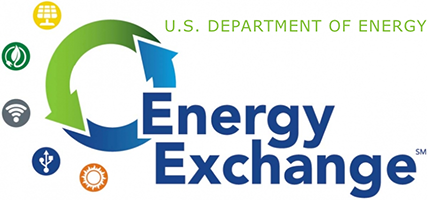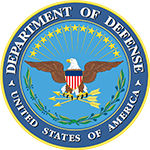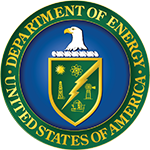Cincinnati, OH

This training session will examine how agencies can switch from traditional fossil fuel consuming technologies to lower carbon alternatives. Decarbonizing federal facilities will require a combination of efficient, clean, and high-performance technologies deployed through innovative partnerships. Energy resilience for federal facilities requires onsite distributed energy resources (DERs). Understanding the reliability of DERs is critical in designing and predicting the performance backup power systems. Speakers will discuss the reliability of emergency and prime generators, combined heat and power systems, solar PV, wind turbines, and energy storage systems as well as their impacts on electric distribution systems such as microgrids.
Instructors
Hayter Sheila, Laboratory Program Manager, Federal Energy Management Program, National Renewable Energy Laboratory
Jeff Marqusee, Senior Research Advisor, National Renewable Energy Laboratory
Nic Ivy, Electrical and Installation Resiliency Criteria Manager, USACE HQ Engineering & Construction
Learning Objectives
Upon completion of this session attendees will:
- Identify carbon free alternatives to traditional emergency diesel generators;
- Recognize how to find accurate reliability information on commonly deployed distributed energy resources;
- Identify how to improve quantitative estimates for the reliability of backup power systems during a grid outage;
- Recognize the value of reliability assessments;
- The metrics required, how to use them, and sources of data; and
- Identify how to integrate distributed energy resources into electric distribution systems such as microgrids.








